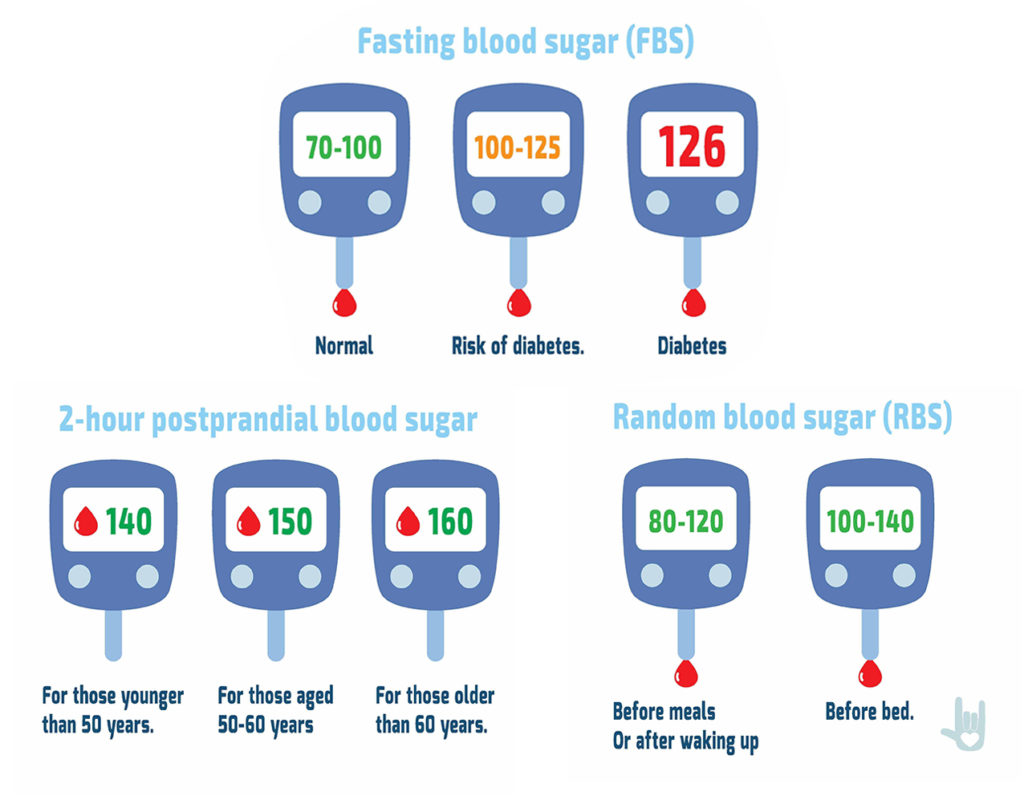
When you have diabetes, your blood glucose levels (aka blood sugar levels) levels could possibly be consistently high. Over time, this tends to damage one's body and cause many other problems.
How much sugar inside the blood is way too much? And why is high glucose so not economical for travel? Here’s a short look at how your levels affect your wellbeing.
What Are Normal Blood Sugar Levels?
They're a lot less than 100 mg/dL after not wanting to eat (fasting) for around 8 hours. And they're a lot less than 140 mg/dL couple of hours after eating.
During the afternoon, levels usually are at their lowest before meals. For most people without diabetes, blood sugar levels levels before meals hover around 70 to 80 mg/dL. For some people, 60 is common; for other people, 90.
What's a minimal sugar level? It varies widely, too. Many people's glucose won't fall below 60, despite prolonged fasting. When you diet or fast, the liver keeps your levels normal by turning fat and muscle into sugar. A few people's levels may fall somewhat lower.
Diagnosis
Doctors utilize these tests to determine if you have diabetes:
Fasting plasma glucose test. The doctor tests your blood glucose levels after fasting for 8 hours and it’s above 126 mg/dL.
Oral glucose tolerance test. After fasting for 8 hours, you have a special sugary drink. Two hours later your sugar level is greater than 200.
Random check. The doctor tests your blood sugar levels and it’s greater than 200, plus you’re peeing more, always thirsty, and you’ve gained or lost lots of weight. They’ll then perform a fasting sugar level test or even an oral glucose tolerance test to verify the diagnosis.
Any sugar levels over normal are unhealthy. Levels that are above normal, yet not reaching the aim of full-blown diabetes, these are known as prediabetes.
According to your American Diabetes Association, 86 million people from the U.S. have treatment plans, which can bring about diabetes if you can't make healthy change in lifestyle that your doctor recommends. It also adds to the risk for heart problems, however, not as much as diabetes does. It's possible to keep prediabetes from becoming diabetes with eating and working out.
No comments:
Post a Comment